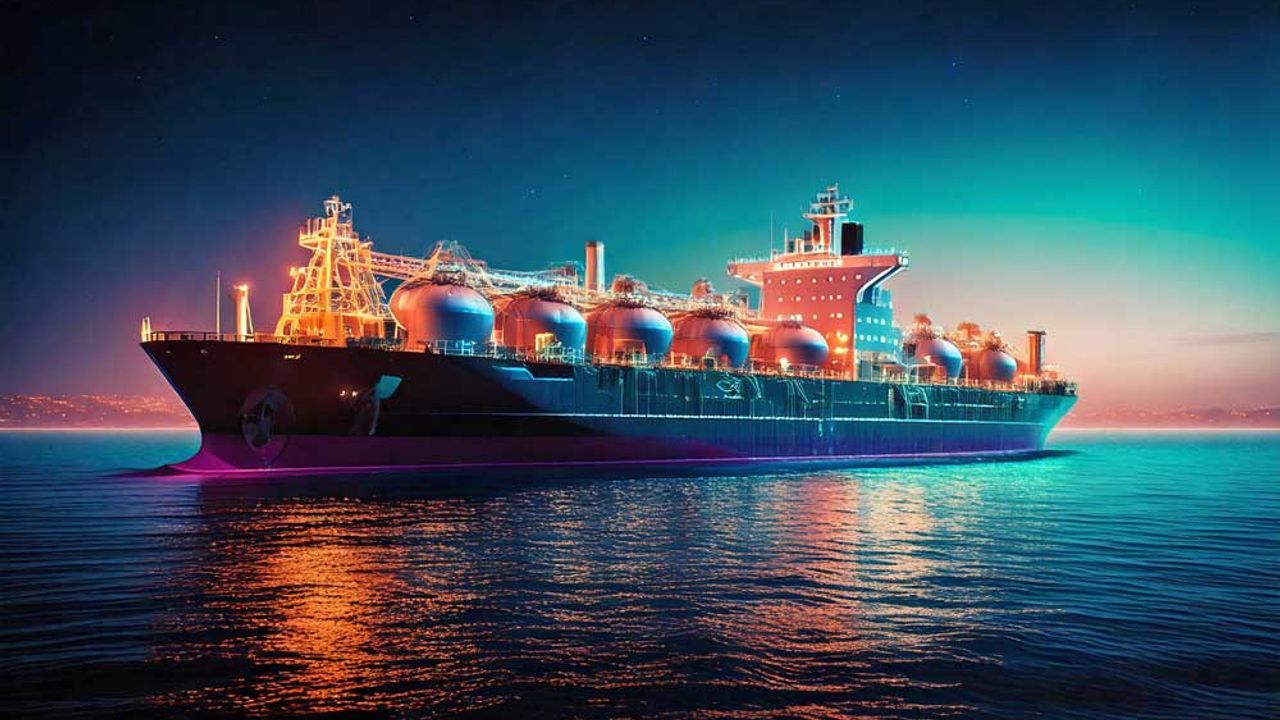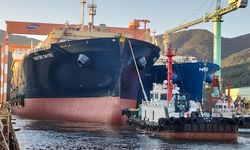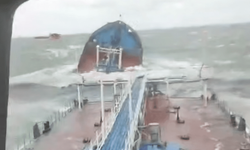The cost of short-term rentals for LNG tankers has dropped to the lowest level for this time of year since at least 2018, according to data from shipbroker Fearnleys A/S. Traditionally, shipping rates rise ahead of the winter heating season, but this year they have been declining since August.
"Vessels are coming a little bit before the commodities do," said Thomas Thorkildsen, Chief Commercial Officer at shipowner Höegh Evi. "When you order a vessel in Korea or China, they are usually delivered on time, but often the production comes a bit late, so there is a mismatch."
The imbalance is further exacerbated by changes in global trade patterns. Fewer LNG tankers are traveling through the Red Sea due to the risk of Houthi militant attacks, causing ships to stay within the Atlantic and Pacific regions. This shift has resulted in gas being consumed closer to production sites, contributing to an oversupply of available tankers.
While the glut of tankers is temporary, it offers relief to consumers. Europe is already grappling with high gas prices due to ongoing geopolitical conflicts in Ukraine, Russia, and the Middle East. Competition between Europe and Asia for LNG supplies is intensifying as both regions rely on the fuel as a transition from dirtier fossil fuels to renewable energy.
This year, the market has seen a notable increase in new vessels. Ship-tracking data compiled by Bloomberg shows that 36 LNG tankers have completed their first loadings in 2024, compared to 30 in 2023. The order book for new-build tankers continues to grow in anticipation of an expected LNG supply boom by the end of the decade.
However, delays in key LNG export projects are slowing the arrival of new supply. The Golden Pass LNG export project in Texas, co-owned by QatarEnergy LNG and ExxonMobil, has been postponed until at least the end of 2025 due to a contractor dispute. Cheniere Energy's Corpus Christi expansion is now expected to ramp up production through the end of 2026, while Sempra's Costa Azul project in Mexico has been delayed to 2026. Additionally, Venture Global’s Plaquemines LNG project in Louisiana remains in commissioning, despite an expected start later this year.
These delays have contributed to a drop in spot shipping rates for the fourth quarter, with prices falling below $50,000 per day for the first time in five years in both the Atlantic and Pacific basins, according to Spark Commodities. The firm’s Atlantic freight rate is at $30,250 per day as of October 17, the lowest rate recorded in 2024.
"Increased vessel availability and lower ton-miles, as ships stay within the basin, have driven down prices," said Spark CEO Tim Mendelssohn. The higher gas prices in Europe are also prompting more U.S. LNG shipments across the Atlantic, while Qatar has redirected more of its LNG exports to Asia.
Looking ahead, the surplus of tankers is expected to decline as export projects catch up with demand. "The freight market should start to rebalance from 2026 as the expansion of global LNG export capacity accelerates," analysts at Energy Aspects Ltd. said in a statement. However, until then, the LNG freight market is likely to remain loose, with tanker availability continuing to outstrip new fuel supplies.






